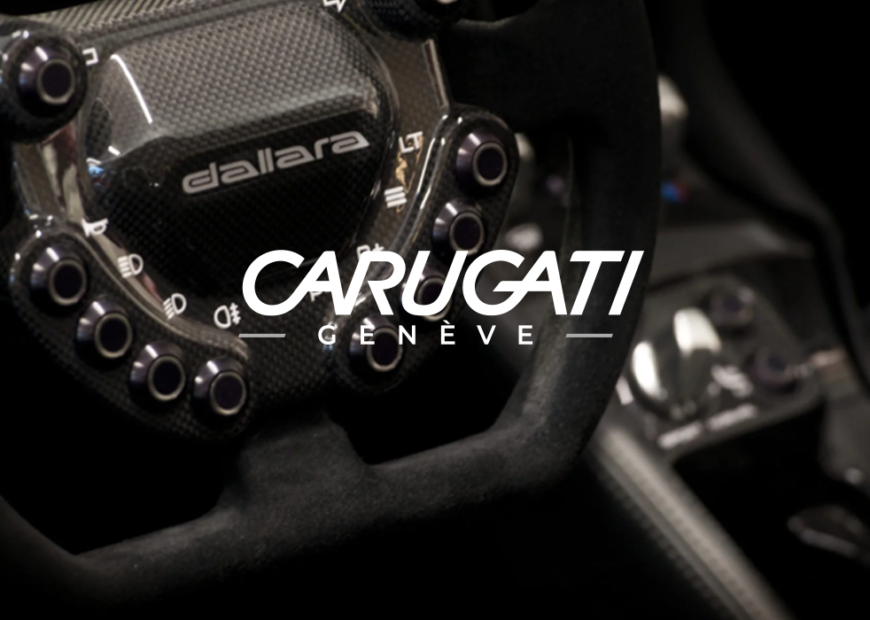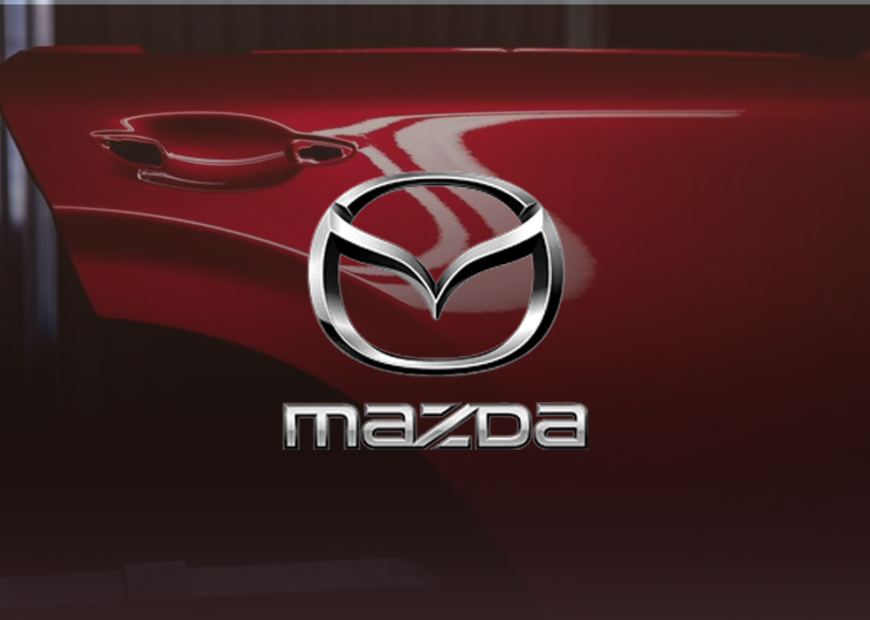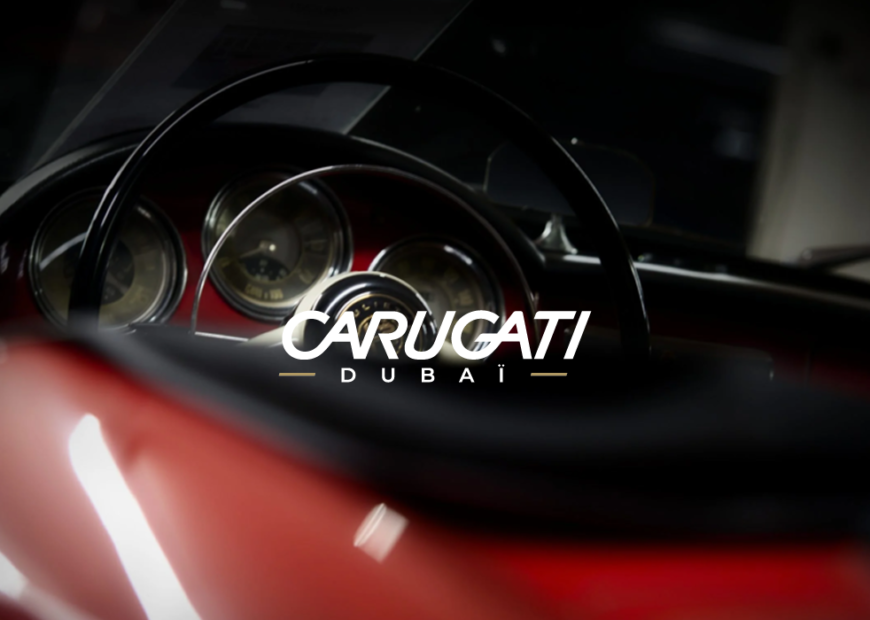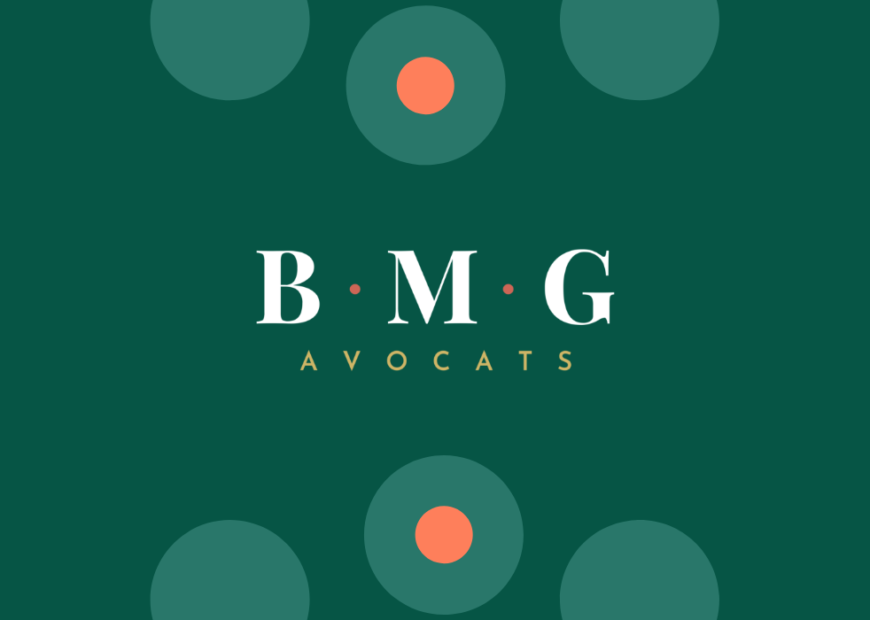Choosing the best CMS (Content Management System) for your website is a key step for any company wishing to effectively manage its online content.
In 2024, over 68% of websites worldwide will rely on a CMS to publish, structure and manage their content.
Whether you’re an SME, a large enterprise or a start-up, the platform you select must meet your technical, strategic and financial needs.
We have also developed solid expertise in the implementation and management of CMS such as WordPress, Drupal, Strapi and PimCore CMS.
Each solution has its advantages and limitations. By understanding the specifics, you’ll be able to make an informed choice.


WordPress : the universal solution

With over 43% of websites worldwide built on WordPress, this platform has established itself as the preferred choice for businesses of all sizes.
Simple, flexible and extensively documented, it’s ideal for a wide variety of projects.
Benefits :
- Intuitive user interface, accessible even to non-technical users
- A library of 58 000 plugins for customizing functionality
- Ideal for SEO thanks to extensions such as Yoast or RankMath
- Large community guarantees constant support
Drawbacks :
- Can become cumbersome and slow with many plugins installed
- Vulnerable to cyber-atacks if not updated regularly
- Less suitable for projects requiring complex workflows or extensive customization
WordPress is recommended for showcase sites, blogs, small online stores, or projects with low technical complexities.
PimCore CMS : le Swiss army knife of digital content
PimCore is a platform combining CMS, DAM (Digital Asset Management), PIM (Product Information Management) and much more.
It’s ideal for companies looking to centralize the management of their content while distributing it across multiple channels.

Benefits :
- All-in-one solution with extensive data and asset management capabilities
- Ideal for companies with large volumes of data or products to manage
- Multi-channel functionalities for distribution on different media (web, mobile, apps)
- Open-source with premium features available
Drawbacks :
- Increased complexity, requiring technical expertise for implementation
- High cost if advanced features or specific support are required
- Not suitable for small projects or companies with limited needs
PimCore is recommended for companies with complex content or product management needs, such as industry, multi-channel e-commerce or marketplaces.
Drupal : ruggedness for complex projects

Drupal is renowned for its power and ability to manage large, complex projects, especially for large corporations and government institutions.
With its advanced modular structure, it offers virtually unlimited customization.
Benefits :
- Hightly secure, suitable for sensitive projects (e.g, government, finance)
- Modular architecture for advances customization
- Native multilingual content management
- Ideal for high-traffic sites
Drawbacks :
- Higher learning curve than WordPress
- Development and maintenance requiring technical expertise
- Fewer pre-built modules and extensions than WordPress
Drupal is recommended for large companies, public institutions and projects requiring complex functionality or enhanced security.
Strapi : Headless CMS flexibility
Strapi, an open-source Headless CMS, offers a modern approach by dissociating content management and presentation.
It is particularly well suited to companies looking for a lightweight, fast solution that can be easily integrated with other tools.

Benefits :
- Headless structure for front-end integration with modern frameworks (React, Vue, Angular)
- Flexibility to build customized user experiences
- Open-source with a strong developer community
- API-first: facilitates connection with other systems (e.g., mobile applications, PIM)
Drawbacks :
- Requires advanced technical skills, especially in front-end development
- Less suitable for non-technical users or small teams
- No ready-to-use interface: everything must be custom-designed
Strapi is recommended for: technology companies, start–ups or projects requiring strong personalization and multi–channel integration.
How to choose the right CMS for your website?
Every company has its own specific needs, and the choice of a CMS should be aligned with your strategic objectives.
To help you, here are some essential criteria to consider:
- Team size and technical skills : Do you have an in–house technical team, or should you opt for a turnkey solution?
- Project complexity : Does your project require simple content management or advanced functionalities, such as a multilingual site, a multi-channel strategy or an e-commerce platform?
- Budget : Some open-source solutions, like WordPress, are cost-effective.
However, for more complex projects, CMS such as PimCore or Drupal require larger budgets.
- Scalability : Think ahead. Will your needs change?
If so, choose a CMS capable of adapting to your company’s growth.
A few figures to help you make your choice
- Did you know that 70% of users prefer fast, high-performance sites? This performance, often linked to the CMS chosen, plays a key role in user experience and SEO.
- Companies using powerful, optimized CMSs see a 30 to 50% increase in organic traffic within a year.
- Headless architecture (as with Strapi) can improve the speed of front-end development by 25%, offering a considerable competitive advantage.
EIGHT’s expertise in CMS integration
Since its creation, EIGHT has supported companies in all sectors in the selection, implementation and management of high-performance CMS.
Our achievements illustrate our in-depth mastery of the most widely recognized tools, and we are proud to contribute to concrete results:
- +40% internal productivity thanks to PimCore for an industrial company
- -20% lower maintenance costs with WordPress for a cosmetics company, thanks to our targeted optimizations.
- Optimized multilingual deployment with Drupal for a public institution
- 30% faster time–to–market with Strapi, for a technology start–up.
Conclusion: Which CMS is right for you?
Choosing a CMS is a strategic decision that must be based on a careful analysis of your current and future needs.
Whether you’re looking for simplicity with WordPress, robustness and flexibility with Strapi, or centralized management with PimCore, each solution offers specific advantages, but also limitations to be aware of.
At EIGHT, we work with you to maximize your return on investment and guarantee the success of your project. Thanks to our expertise, we can help you choose, implement and optimize the CMS solution that perfectly matches your ambitions.
Would you like to find out more or discuss your project?
Contact our experts today and turn your ideas into concrete success!


























